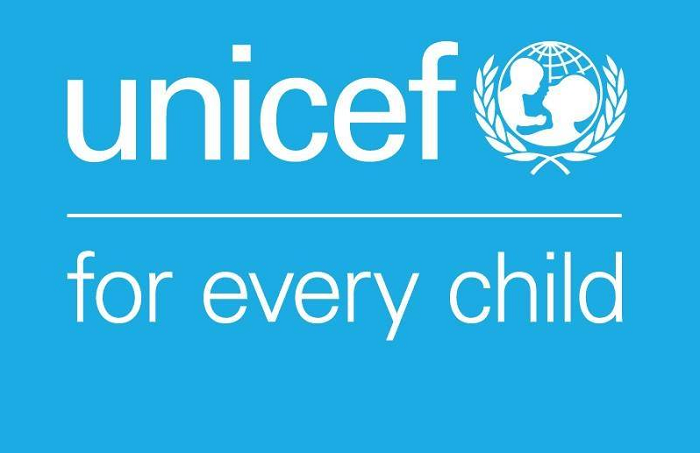COVID-19 Crisis Making it Worse for 40 mln Children Missing Pre-school: UNICEF - ENA English
COVID-19 Crisis Making it Worse for 40 mln Children Missing Pre-school: UNICEF

Addis Ababa July 23/2020 (ENA)At least 40 million children worldwide have missed out on early childhood education in their critical pre-school year as COVID-19 shuttered childcare and early education facilities, according to a new research brief published by UNICEF on Wednesday.
Produced by UNICEF’s Office of Research – Innocenti, the research brief looks at the state of childcare and early childhood education globally and includes an analysis of the impact of widespread COVID-19 closures of these vital family services.
“Education disruptions caused by the COVID-19 pandemic are preventing children from getting their education off to the best possible start,” Henrietta Fore, UNICEF Executive Director said.
She further indicated that childcare and early childhood education build a foundation upon which every aspect of children’s development relies, adding that "The pandemic is putting that foundation under serious threat.”
The research brief notes that lockdowns have left many parents struggling to balance childcare and paid employment, with a disproportionate burden placed on women who, on average, spend more than three times longer on care and housework than men.
It said the closures have also exposed a deeper crisis for families of young children especially in low- and middle-income countries, many of whom were already unable to access social protection services.
Many young children who remain at home do not get the play and early learning support they need for healthy development, according to the research brief titled, ‘Childcare in a global crisis: The impact of COVID-19 on work and family life’
“In 54 low- and middle-income countries with recent data, around 40 per cent of children aged between 3 and 5 years old were not receiving social-emotional and cognitive stimulation from any adult in their household,” the brief elaborated.
Lack of childcare and early education options also leaves many parents, particularly mothers working in the informal sector, with no choice but to bring their young children to work, the report said. More than nine in 10 women in Africa and nearly seven in 10 in Asia and the Pacific work in the informal sector and have limited access to any form of social protection.
Many parents become trapped in this unreliable, poorly paid employment, contributing to intergenerational cycles of poverty, the policy brief stated.
Access to affordable, quality childcare and early childhood education is critical for the development of families and socially cohesive societies, UNICEF underscored.